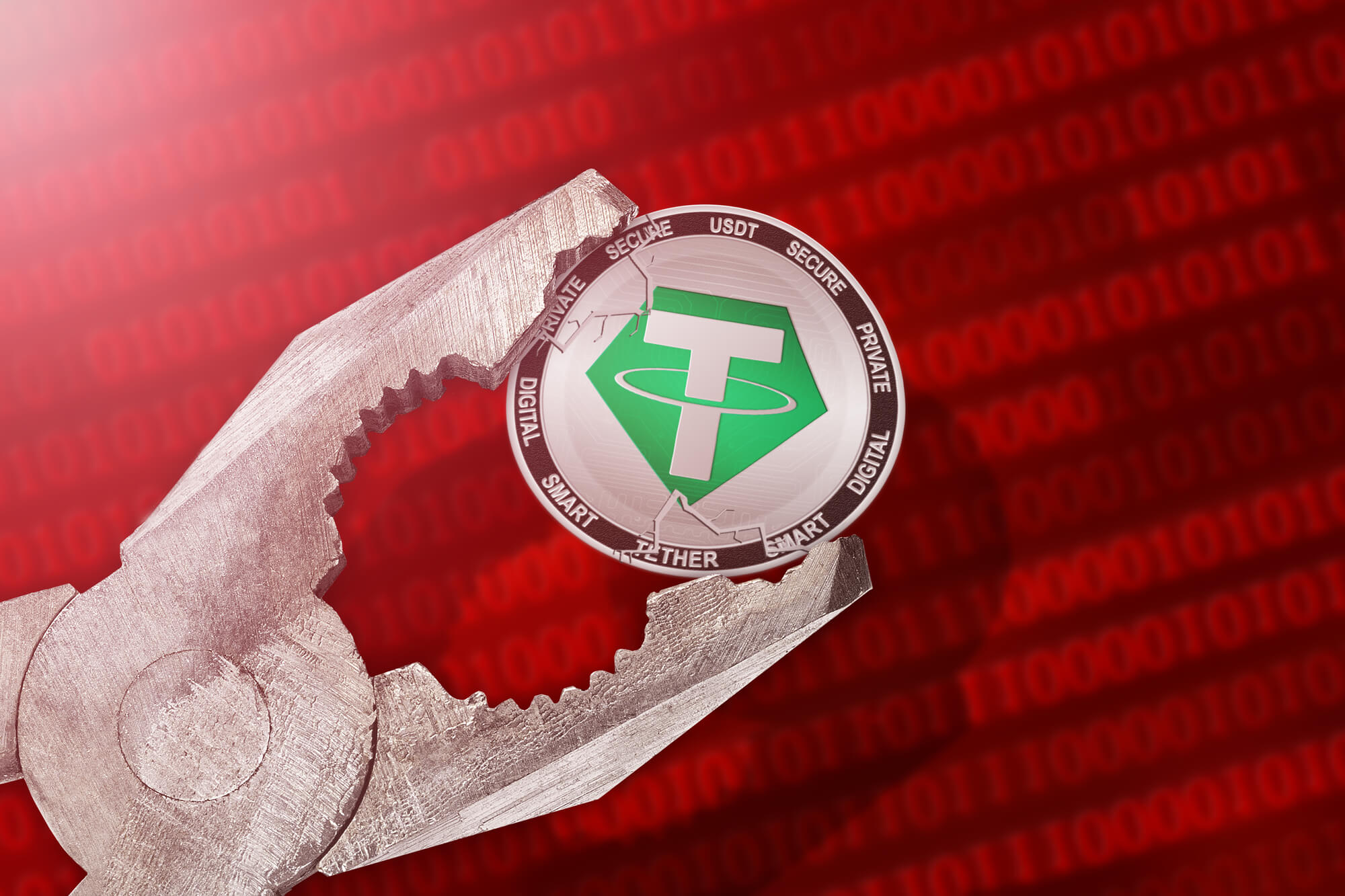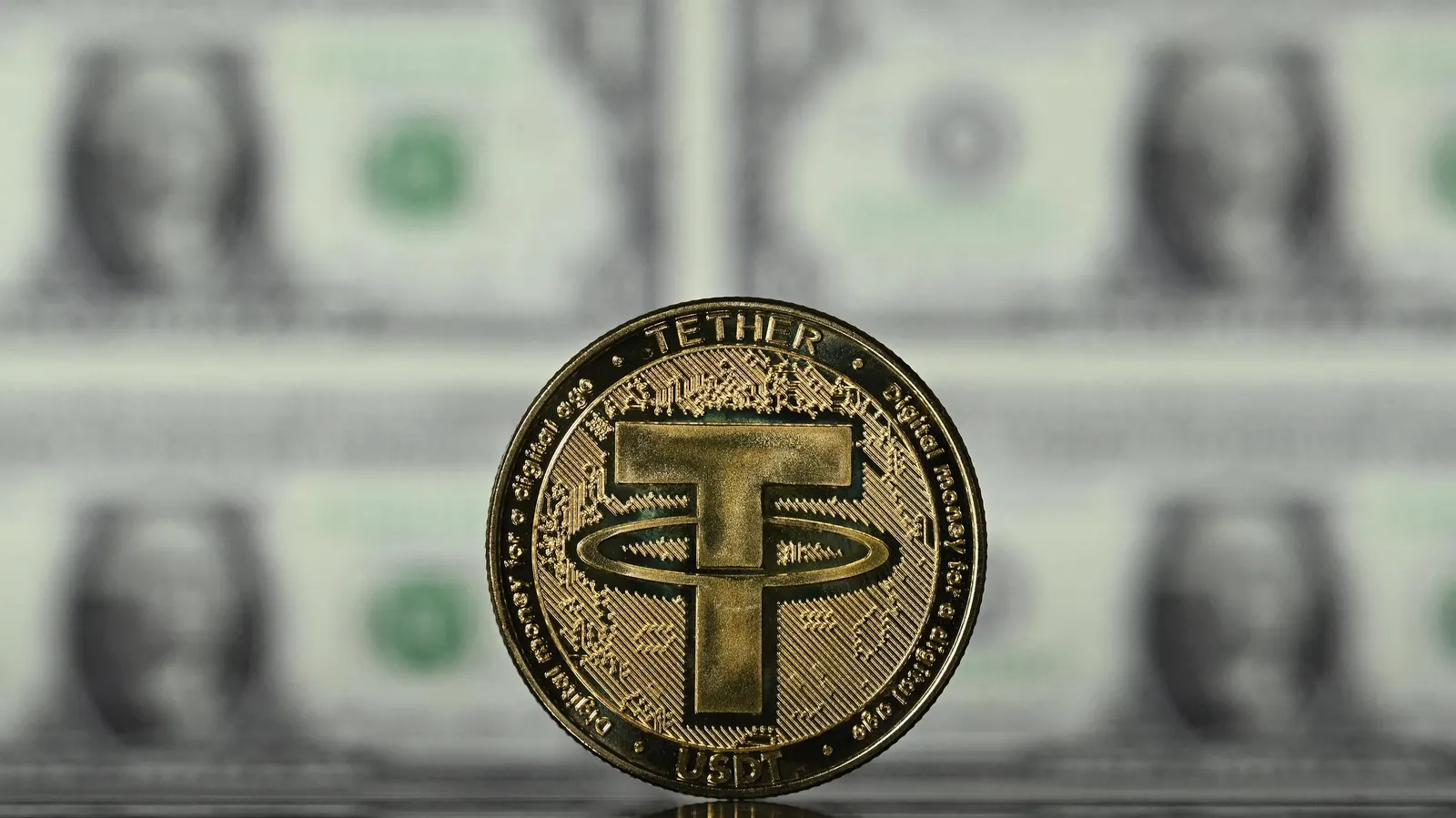In various industries, the term “tether violation” may sound technical, but it has significant implications for safety and legal compliance. Whether in cryptocurrency, aviation, or maritime safety, tether violations can lead to serious financial consequences, legal issues, or even risks to human life. In this article, we’ll dive deep into what a tether violation is, the different meanings across industries, the legal and regulatory consequences, and how to avoid such violations.
By the end, you’ll better understand the importance of proper tethering and how to ensure you stay in compliance.
What Is a Tether Violation?
In simplest terms, a tether violation is any failure to follow the correct procedures for tethering objects or systems. It might involve using incorrect materials, ignoring safety protocols, failing to provide proper oversight, or engaging in practices that violate industry regulations. These violations can occur in different contexts—in finance, aviation, and even the maritime sector—and each violation type carries its own set of risks and penalties.
Understanding what a tether violation means in your specific field is essential for avoiding potentially costly mistakes.
Tether Violation Meaning in Different Contexts
While the core idea of a tether violation is fairly straightforward, its application varies significantly across different industries. Let’s explore the meaning and potential consequences of tether violations in three major sectors: cryptocurrency, aviation, and maritime.
1. Cryptocurrency: Tether (USDT) Violations
In the cryptocurrency world, Tether (USDT) is a popular stablecoin designed to maintain a 1:1 peg to the US dollar. A tether violation in this context doesn’t involve physical tethering but refers to financial mismanagement or regulatory breaches surrounding the coin’s operations.

The Risk of Tether Violations in Crypto
Tether (USDT) has faced scrutiny over the years, particularly regarding the transparency of its reserves. A key part of the Tether violation debate revolves around whether Tether’s issued coins are fully backed by equivalent dollar reserves or other assets. If Tether (USDT) is not appropriately backed or if the reserves are misreported, it would constitute a violation of regulations, misleading investors and creating risks in the broader crypto market.
Regulators like the U.S. Commodity Futures Trading Commission (CFTC) or Securities and Exchange Commission (SEC) might step in if a Tether violation results in market manipulation, fraud, or the misrepresentation of its reserve holdings.
Example of Tether Violation in Cryptocurrency
In 2021, Tether settled with the New York Attorney General’s Office, agreeing to pay a fine after being accused of misleading investors about whether USDT was fully backed by reserves. Such incidents highlight how serious a tether violation can be in the cryptocurrency world, with financial penalties and reputational damage on the line.
2. Aviation: Tethering Aircraft and Safety Violations
In the aviation industry, tethering plays a critical role in ensuring the safety of aircraft during ground operations. Tether violations in aviation typically involve improper tethering of aircraft to prevent movement during maintenance, loading, or while parked.
The Importance of Proper Tethering in Aviation
Aircraft are often tethered to the ground in extreme weather conditions or during maintenance to prevent unintentional movement that could cause damage or accidents. Tethering procedures must be followed meticulously to ensure that aircraft remain secure, especially when experiencing wind or other environmental factors. A violation could occur if an aircraft is not properly secured during these periods, leading to accidents or the aircraft being damaged.
Example of a Tether Violation in Aviation
In 2019, several aircraft were damaged at an airport during a severe storm due to improper tethering and failure to account for the severity of the wind. These incidents led to significant financial losses and a reassessment of airport safety protocols. The failure to tether aircraft appropriately was deemed a violation of established aviation safety standards.
3. Maritime and Boating: Tethering Safety Violations
In the maritime industry, tethering plays a role in securing vessels, cargo, or equipment to prevent them from drifting or being lost at sea. Tether violations in this context involve failures to adhere to safety practices when anchoring boats or securing equipment, potentially leading to accidents, environmental damage, or loss of life.
The Role of Tethering in Boating Safety
Boats and ships are tethered to docks or anchors to prevent drifting in unstable conditions. In some cases, boats are tethered with safety lines to prevent crew members from falling overboard. A tether violation in this industry might occur if a vessel is improperly anchored or safety lines are not properly attached.
Example of Tether Violation in Maritime Safety
In 2018, a fatal incident occurred when a boat capsized due to improper tethering of safety equipment. The crew failed to secure the vessel properly, leading to significant damage and loss of life. Legal action was taken against the boat operator for neglecting the tethering regulations set forth by maritime safety authorities.
What Are the Legal and Regulatory Implications of a Tether Violation?
Tether violations can have serious legal and financial consequences. Depending on the industry, violators may face penalties, lawsuits, or other sanctions from regulatory bodies. Here’s a breakdown of what you could face in different sectors.

Legal Consequences in Cryptocurrency
For cryptocurrency exchanges, failing to meet regulatory standards related to Tether can result in fines, market investigations, and even criminal charges. Regulators like the SEC or CFTC closely monitor how stablecoins like Tether are managed. Violations could lead to market instability and investor harm, and regulatory bodies may impose stringent controls on exchanges or companies that misuse Tether.
For instance, the New York Attorney General’s office previously found Tether guilty of misleading customers about the backing of their coins, resulting in a settlement and fine. Such violations are serious and can impact the credibility of the entire cryptocurrency market.
Aviation Violations and Penalties
In aviation, tether violations are treated with extreme seriousness. Regulatory bodies such as the Federal Aviation Administration (FAA) or the European Union Aviation Safety Agency (EASA) impose strict tethering standards to prevent damage to aircraft and ensure safety. Violators may face hefty fines, suspension of operations, or civil litigation, particularly if their negligence results in harm or damage.
For example, if improper tethering leads to an aircraft being damaged in a storm, the airline could be fined for non-compliance with safety protocols. If passenger safety is compromised, the company could also face lawsuits or even criminal charges.
Maritime Tethering Regulations
In maritime safety, tethering violations are often governed by national or international safety laws, such as those established by the International Maritime Organization (IMO). Boat owners or operators who fail to tether vessels correctly face the risk of significant fines, vessel impoundment, or civil liability for accidents.
If a vessel fails to properly secure cargo or anchor in high-risk weather conditions, and this leads to damage, environmental harm, or loss of life, the violator could be held financially responsible for cleanup costs, legal proceedings, and potential compensation for affected parties.
Common Causes of Tether Violations
While tether violations can happen for many reasons, here are some of the most common causes across industries:
- Lack of Awareness: Many tether violations occur due to a lack of knowledge or failure to stay up-to-date with industry-specific regulations. Whether it’s an aviation crew member unaware of new tethering standards or a cryptocurrency exchange neglecting regulatory changes, staying informed is key to avoiding violations.
- Technical Failures: Equipment malfunctions can also lead to tether violations. In the case of Tether (USDT), technical issues with reserve management or lack of transparency can lead to market violations. Similarly, in aviation or maritime industries, faulty tethering equipment can result in accidents.
- Intentional Negligence: Unfortunately, some tether violations are the result of intentional neglect. This could involve a company deliberately misrepresenting the backing of Tether coins or an airline cutting corners to save on operational costs.
- Human Error: Mistakes, such as improperly securing a boat or an aircraft, are another common cause of tether violations. While human error can never be fully eliminated, proper training and safety protocols help minimize its impact.
How to Avoid Tether Violations

Preventing tether violations involves ensuring compliance with the relevant laws, using proper equipment, and educating stakeholders on the risks and procedures involved. Here are some tips on how to avoid tether violations:
1. Stay Informed and Updated
Industry standards and regulations around tethering are constantly evolving, especially in sectors like cryptocurrency. Regularly check for updates from regulatory bodies like the SEC, CFTC, or FAA to ensure your practices are compliant with the latest rules.
2. Conduct Regular Training
Ensure that all personnel involved in tethering, whether in the aviation industry, cryptocurrency markets, or maritime operations, are thoroughly trained in relevant procedures. Regular safety and compliance training can prevent mistakes and ensure best practices are followed.
3. Use Reliable Equipment
Whether you’re working with Tether coins or securing an aircraft, using high-quality equipment is crucial. Regularly inspect and maintain tethering tools, including ropes, cables, or digital systems, to prevent technical failures.
4. Follow Regulatory Guidelines
Finally, always follow the specific tethering guidelines set out by regulatory bodies for your industry. For example, cryptocurrency exchanges must conduct audits to verify their reserves, and airlines must follow stringent protocols to secure aircraft. Non-compliance could result in heavy fines, operational restrictions, and damage to your reputation.
Conclusion
A tether violation, while seemingly a small error, can have massive consequences in industries ranging from finance to aviation to maritime safety. Whether you are a cryptocurrency investor, an aviation professional, or a maritime operator, understanding what constitutes a tether violation, its potential risks, and how to avoid it is crucial for maintaining compliance and safety.
By staying informed, investing in quality equipment, and following best practices, you can mitigate the risks associated with tether violations and ensure you are always in line with legal and regulatory standards. Protect your operations, your investments, and your safety by taking tethering seriously in every context.
Read more: TOP 7 CRYPTO EXCHANGE TOKENS IN 2025

